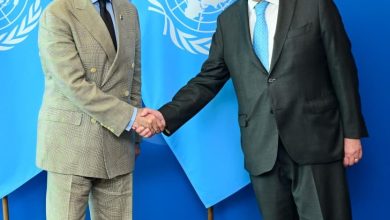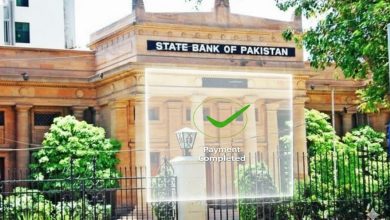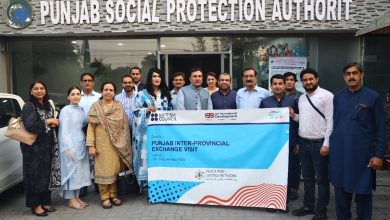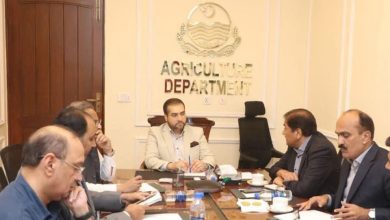Countering Hindutva Networks and Islamophobia

The Institute of Policy Studies (IPS), Islamabad convened a seminar on September 28 to examine how Hindutva networks are fuelling diaspora-driven politics and a surge in Islamophobia that threatens global peace and pluralism. Scholars, diplomats and policy analysts discussed the transnational reach of this ideology and its implications for Pakistan, the Muslim diaspora and Indian Illegally Occupied Jammu and Kashmir.
RSS marked its centenary on September 27, a milestone highlighted by Khalid Rahman, who warned that Hindutva groups have steadily mobilised under the guise of cultural organisations and expanded across Indian diasporas to advance divisive politics. He outlined the mechanisms through which these movements reinforce themselves, citing organisational discipline, a robust grassroots network, political influence via the BJP, a growing web of affiliate bodies, community service initiatives and efforts to shape educational and cultural discourse, all amplified by a favourable Islamophobic global environment.
Dr Mujeeb Afzal described Hindutva as primarily a political phenomenon and unpacked its operational strategies inside India and across diasporas. He argued that Hindutva networks construct identity in opposition to Muslims and cultivate ideological links abroad to promote Islamophobia, targeting social narratives and policy spaces in host countries.
Dr Khurram Iqbal detailed the security and societal consequences, noting how Hindutva-driven narratives contribute to discriminatory policies and social polarisation. He said elements of the Hindutva diaspora in the Global North fund activities inside India and act as a lobby for the BJP and RSS, exporting divisive messaging. At the same time, he observed that such efforts may encounter limits in Western societies where racial identity dynamics often outweigh religious appeals and where India’s asserted leadership role does not always resonate. He drew comparisons between the expansionist ideas of Akhand Bharat and notions such as Greater Israel, and pointed to recent regional alignments as evidence of growing international concern.
Ambassador (r) Sohail Mahmood warned of the risks these transnational networks pose to Muslim communities, particularly the Pakistani diaspora, and urged sustained dialogue and global solidarity to counter extremism. He emphasised that many Hindus reject extremist ideologies, and stressed that pluralism, inclusivity and justice are essential for peace. Mahmood cautioned against the dangerous convergence of some BJP/RSS rhetoric with support for Israeli actions in Gaza and noted that Hindutva networks increasingly frame Pakistan as an alleged centre of terrorism to fit broader security narratives.
Speakers urged Pakistani and international policy circles to recognise the expanding transnational dimensions of Hindutva networks and to treat Islamophobia not merely as a social prejudice but as a strategic element of a violent extremist ideology. They called for coordinated academic, diplomatic and policy responses that communicate these dangers in terms Western policymakers understand, and for measures that defend pluralism and protect vulnerable diaspora communities.




